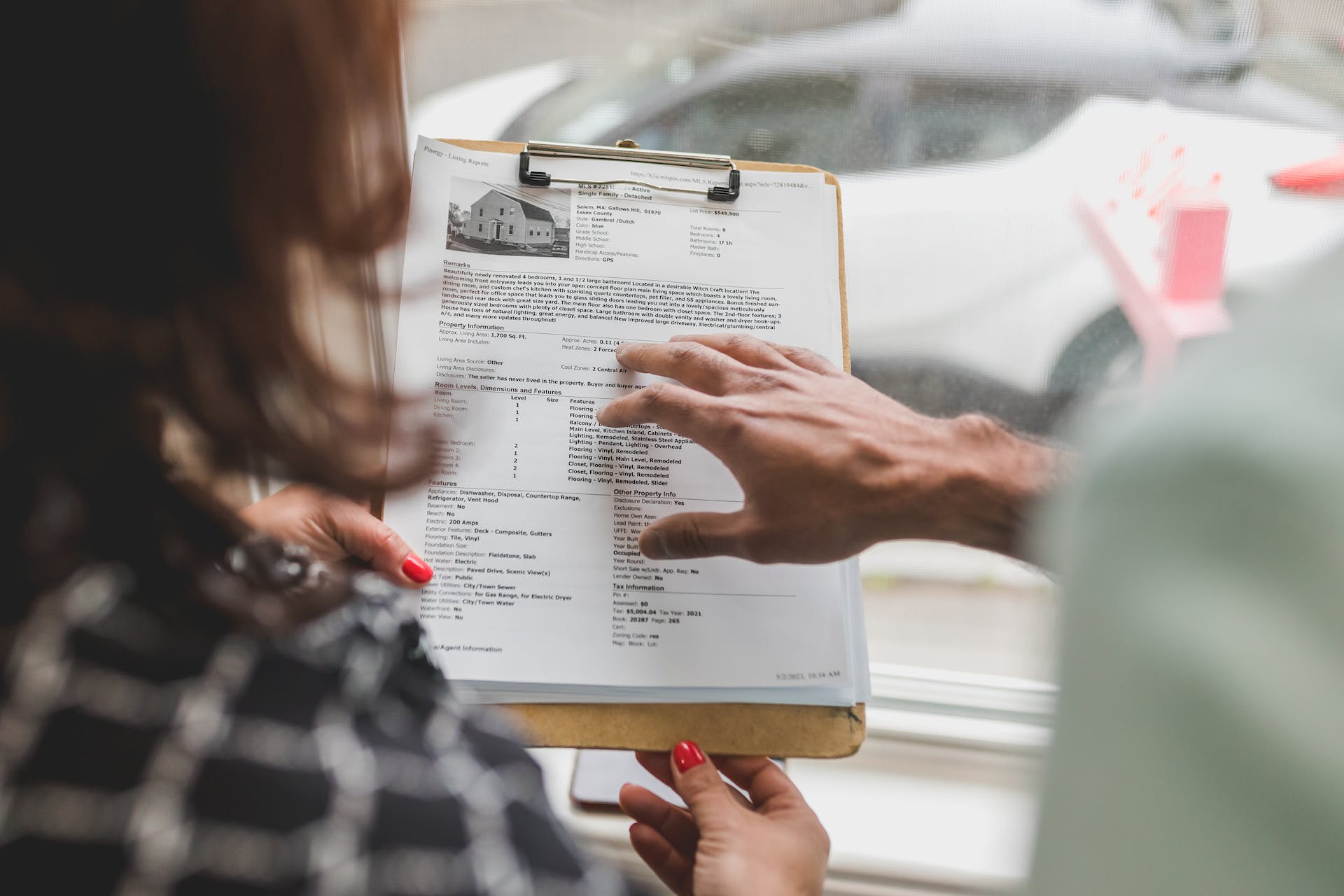

Question: What is OO: Owner-Occupied?
Answer: OO refers to a property inhabited by its owner, as opposed to being rented out, often affecting mortgage and insurance terms.
What is OO: Owner-Occupied?: Understanding Their Role in Real Estate
OO: Owner-Occupied properties are a fundamental part of the real estate landscape, referring to properties where the owner resides in the home they own. This distinction plays a significant role in financing, investing, and regulatory aspects of real estate.
The Essence of Owner-Occupied Properties
OO properties are primarily considered primary residences. This classification affects mortgage rates, tax implications, and investment strategies. [ 1 ]
Click here for more information on the best real estate agents in Orangeville
Related Article: What is P&S: Purchase And Sale?
Related Article: What is O/F: Owner Finance?
The Benefits of Owner-Occupied Properties
Living in a property you own comes with a range of benefits, making it a popular choice for many homeowners.
Financial Advantages
Owner-occupiers often enjoy lower mortgage rates and potential tax benefits compared to investment properties.
Personal Satisfaction
Living in your own property provides a sense of stability and personal satisfaction, along with the freedom to modify and enhance the property.
Financing Owner-Occupied Properties
Financing for OO properties often differs from investment properties, with unique terms and conditions.
Mortgage Terms and Rates
Lenders typically offer more favorable terms and lower interest rates for OO properties due to perceived lower risks.
Qualifying for Mortgages
The process for qualifying for a mortgage on an OO property often involves different criteria, focusing on the borrower’s income and creditworthiness.
Investing in Owner-Occupied Properties
Investing in your primary residence is a long-term strategy with different considerations compared to typical real estate investments.
Building Equity
Homeownership allows individuals to build equity over time, contributing to their financial security.
Potential for Appreciation
OO properties have the potential for value appreciation, which can significantly benefit the owner’s investment portfolio.
Challenges in Owner-Occupied Real Estate
While there are benefits, owning and residing in a property also comes with its set of challenges.
Maintenance Responsibilities
As the property owner, all maintenance and repair responsibilities fall on the homeowner, which can be both costly and time-consuming.
Financial Commitment
Owning a home is a significant financial commitment, with mortgage payments, property taxes, and insurance expenses.
Owner-Occupied vs. Rental Properties
Comparing OO properties with rental or investment properties reveals different dynamics in real estate.
Different Investment Approaches
Investment properties focus on generating rental income and potential flips, while OO properties are more about personal use and long-term value appreciation.
Financing and Tax Implications
The financing options and tax implications differ significantly between OO and rental properties, each tailored to specific ownership goals.
To learn more about Jennifer Jewell follow this link to the homepage
Conclusion: Navigating Owner-Occupied Real Estate
Owner-Occupied properties are a cornerstone of the housing market, offering financial and personal benefits for homeowners. Understanding the nuances of financing, investing, and maintaining an OO property is crucial for making informed decisions. Whether for personal satisfaction or as a long-term investment strategy, owning and occupying a property can be a rewarding experience, providing stability and financial growth opportunities.
References
1. https://www.superbrokers.ca/library/glossary/term/owner-occupant


